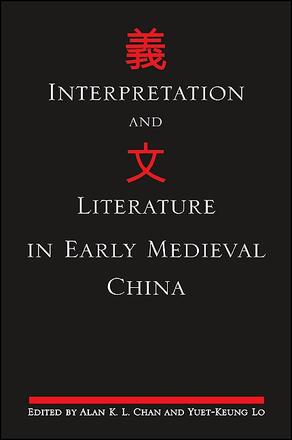
Interpretation and Literature in Early Medieval China
Alternative formats available from:
Explores the new literary and interpretive milieu that emerged in the years following the decline of China’s Han dynasty.
Description
Covering a time of great intellectual ferment and great influence on what was to come, this book explores the literary and hermeneutic world of early medieval China. In addition to profound political changes, the fall of the Han dynasty allowed new currents in aesthetics, literature, interpretation, ethics, and religion to emerge during the Wei-Jin Nanbeichao period. The contributors to this volume present developments in literature and interpretation during this era from a variety of methodological perspectives, frequently highlighting issues hitherto unremarked in Western or even Chinese and Japanese scholarship. These include the rise of new literary and artistic values as the Han declined, changing patterns of patronage that helped reshape literary tastes and genres, and new developments in literary criticism. The religious changes of the period are revealed in the literary self-presentation of spiritual seekers, the influence of Daoism on motifs in poetry, and Buddhist influences on both poetry and historiography. Traditional Chinese literary figures, such as the fox and the ghost, receive fresh analysis about their particular representation during this period.
Alan K. L. Chan is Professor of Philosophy at the Nanyang Technological University, Singapore. His books include Two Visions of the Way: A Study of the Wang Pi and the Ho-shang Kung Commentaries on the Lao-tzu, also published by SUNY Press; Filial Piety in Chinese Thought and History; and Mencius: Contexts and Interpretations. Yuet-Keung Lo is Associate Professor of Chinese Studies at the National University of Singapore. Together they have coedited Philosophy and Religion in Early Medieval China, also published by SUNY Press.
Reviews
". ..Chan and Lo have deeply enriched our understanding of early medieval China (220–589 CE). " — Journal of Chinese Religions